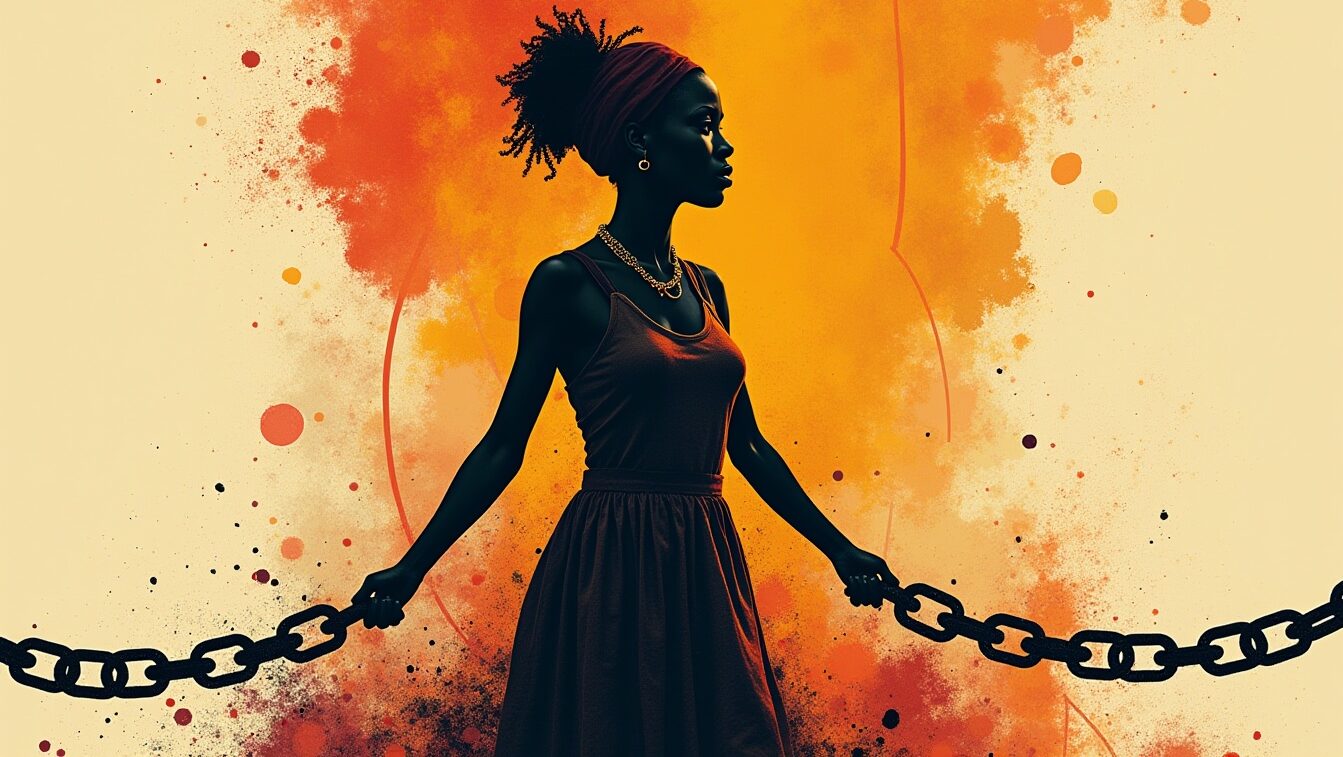Sexual Violence in Sudan’s Civil War
Asharq Al-Awsat, London, November 24
Tom Fletcher, the UN undersecretary-general for humanitarian affairs, recently addressed a group of women at a school event in Port Sudan, commemorating the International Day for the Elimination of Violence against Women on November 25. “I feel ashamed that we could not protect you, and I feel ashamed for men like me for what they did,” Fletcher confessed. His comments shed light on the ongoing war in Sudan and the systematic epidemic of sexual violence faced by women, which he unequivocally condemned while warning about the potential escalation of such attacks. Fletcher was not the sole UN official to raise alarm over this disturbing phenomenon. Pramila Patten, the special representative of the UN secretary-general on sexual violence in conflict, had already issued a poignant statement titled “A war waged on the bodies of women and girls.” In it, she chronicled testimonies from Sudanese refugee camps along the Chadian border, revealing harrowing accounts of rape, ethnic-targeted sexual violence, and the trafficking of women for sexual exploitation. Many victims recounted being subjected to rape as a tool for humiliation and subjugation, often in the presence of their family members. The UN Human Rights Council’s Fact-Finding Mission on Sudan painted a grim picture of the sexual violence, describing it as “horrific.” Their report, published at the end of last month, highlighted how attacks affected women and girls of all ages, with even children not spared. The document also revealed evidence of women and girls being abducted for sexual slavery, a claim corroborated by numerous reports since the war began. In these narratives and reports, the Rapid Support Forces (RSF) emerged as the primary culprits of such egregious acts, as documented by international human rights organizations, Sudanese civil groups, and the UN itself. Last October, a UN report, grounded in thorough investigations, confirmed that the RSF was responsible for most of the sexual assaults. The horror stories from displaced individuals who fled RSF-occupied territories are chilling. Some recount women being gang-raped in front of their families, while others regretfully drowned attempting desperate escapes. Many families went to the lengths of equipping their daughters with knives for self-defense or, tragically, self-harm to prevent rape by armed men. There were also instances of girls resorting to suicide after being violated. The repercussions of these crimes extend deep into psychological and societal realms, demanding immediate attention and a long-term commitment to victims’ recovery. It is imperative to allocate resources to support centers offering medical and psychological care and to enhance community awareness to eradicate social stigma. Such efforts are vital to prevent survivors from suffering in isolation and facing harsh treatment fueled by misplaced shame. Sudanese organizations play a crucial role here, persistently working under challenging conditions since the war’s outbreak to document cases and provide holistic support to victims. The state bears significant responsibility and should draw insights from other nations that have combated similar crimes. Engaging both local and international expertise can aid in establishing judicial bodies with special powers, employing international laws that categorize sexual violence as a war crime and a crime against humanity, with parallels to genocide based on race, sex, or gender. For instance, Rwanda addressed sexual violence cases under its genocide laws as part of its post-conflict measures. The fundamental principle of accountability necessitates integrating sexual violence issues and the pursuit of justice for perpetrators into comprehensive solutions, even post-conflict. These crimes are indefensible, and securing justice for victims demands resolute deterrence to send a clear message to all potential violators. Equally important is the inclusion of women in peacebuilding and conflict resolution processes. Women and children frequently bear the brunt of wartime atrocities, and their involvement offers a distinctive and empathetic perspective on tackling the complex issue of sexual violence. —Osman Mirghani (translated by Asaf Zilberfarb)
This holiday season, give to:
Truth and understanding
The Media Line's intrepid correspondents are in Israel, Gaza, Lebanon, Syria and Pakistan providing first-person reporting.
They all said they cover it.
We see it.
We report with just one agenda: the truth.



